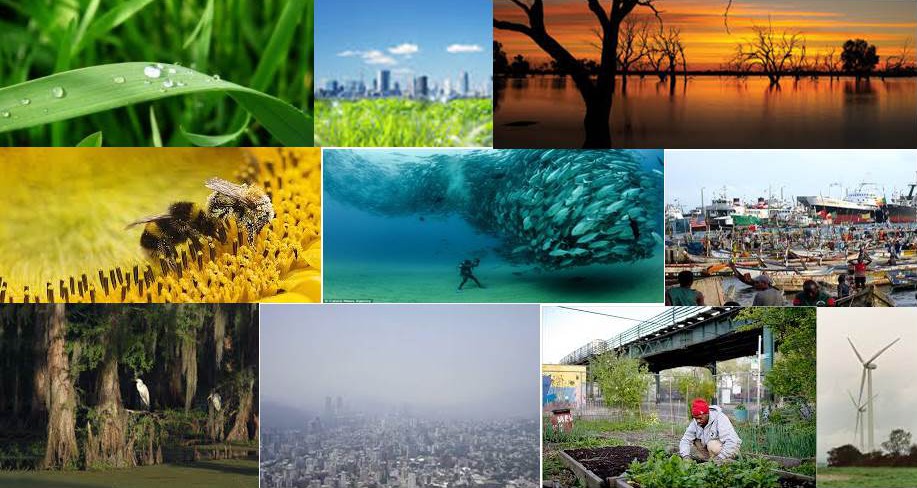For Wed. Feb 11: (1)Discussion questions to prepare for viewing film “Consumed” and (2) discussion questions from assigned reading, William Emmons, “Don’t Expect Consumer Spending to be the Engine of Economic Growth it Once Was.”
I. Read William Emmons, “Don’t Expect Consumer Spending to be the Engine of Economic Growth it Once Was.” William Emmons_Consumer Spending
Be prepared to discuss the following questions from the assigned reading:
1. William Emmons suggests that American consumers may not be able to serve as the engine of economic growth that they did in the prosperous post-war era. What reasons does he cite for this? (paragraph 1)
2. Emmons notes in the last paragraph on page 1 that “as consumer spending grew rapidly in the U.S., we imported consumer-oriented goods and services even more rapidly.” What problem does Emmons see with this trend?
3. Take a look at the table on pg. 2 that compares the composition of GDP in the U.S. and Canada over time. Looking at the most recent period from 2001 – 2010, what differences do you notice in the percent share of the components of GDP between the two nations (Consumption, Investment, Net exports, Government expenditures)?
4. Emmons identifies five trends working against consumer spending on pg.3. What are these?
II. Questions for discussion of the film, “Consumed: Is Our Consumer Culture Leading Us to Disaster?”
1) The film to be shown in class, followed by discussion will be an important resource leading into our first guest lecturer’s presentation in the next week’s class. After having viewed the film in class,
2) After having viewed the film in class, please be prepared to discuss the following questions in class on Wed. Feb. 11.
1. In the film’s opening remarks, the narrator suggests that our focus on consumerism could lead to environmental disaster. What are your thoughts on this perspective?
2. The film also suggests that in human society, consumerism often means that we “chase status,” often deriving little real satisfaction from this behavior, and that human relationships become secondary. Would you agree/disagree with this argument? Why?
3. Is runaway consumerism a “temporary” stage? Would you agree that “Once people understand their own psychology they will care less about consumption?” Discuss
4. It is argued that consumerism is tied to a “natural human urge,” a way of “structuring human life.” Is consumption a “natural” behavior? Or is it conditioned?
5. The film makes the argument that economic growth, driven by consumer spending, has “become fetishized.” We earn more money, have more choices, then spend more money. What does the commentator mean when stating that consumer spending has become ‘fetishized’?
6. It is argued that we often “display our mental traits through the goods and services we buy and turn them into props,” using them as a way of signaling prestige or a way of attracting others. Your reactions to this view? Would you agree? Disagree? with this perspective? Explain reasoning.
7. It is suggested that in order to promote more environmentally conscious consumption, we need to understand how to psychologically influence changes in behavior. Would you agree? Disagree?
II. Discussion of research project and field research site ideas.



